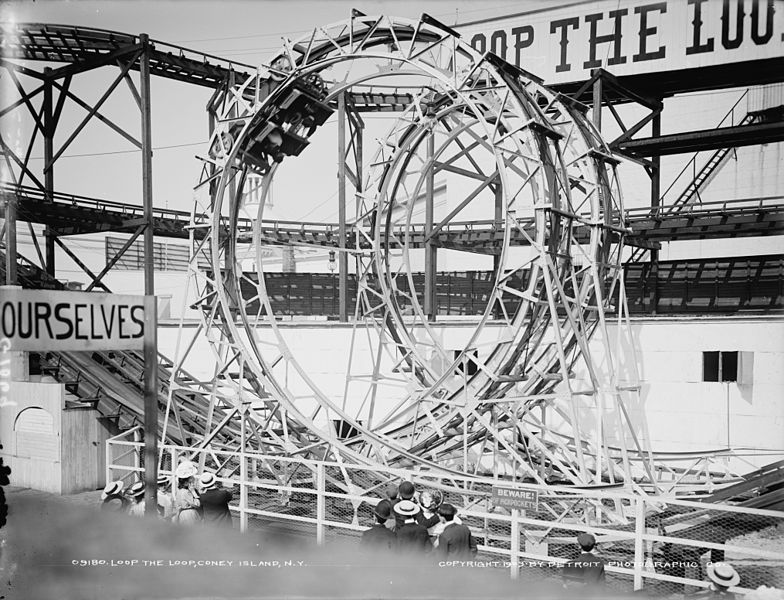The problem I have with otherwise thoughtful people (like David Brooks, for instance) who seem to think that wealth inequality in America is fueled by sheer meritocracy is that Carly Fiorina and Donald Trump and Paul Ryan are not our best and brightest. While America strives for a level playing field in many ways, financial rewards often go to the worst among us or the plain lucky. And this issue of inequality has always existed and likely always will, so it needs to be addressed with policy. From “Return of the Oppressed,” Peter Turchin’s new Aeon essay:
“What, then, explains the rapid growth of top fortunes in the US over the past 30 years? Why did the wages of unskilled workers stagnate or decline? What accounts for the bitterness of election rhetoric in the US, the growing legislative gridlock, the rampant political polarisation? My answer is that all of these trends are part of a complex and interlocking system. I don’t just mean that everything affects everything else; that would be vacuous. Rather, that cliodynamic theory can tell us specifically how demographic, economic and cultural variables relate to one another, and how their interactions generate social change. Cliodynamics also explains why historical reversals in such diverse areas as economics and culture happen at roughly similar times. The theory of secular cycles was developed using data from historical societies, but it looks like it can provide answers to questions about our own society.
Our society, like all previous complex societies, is on a rollercoaster. Impersonal social forces bring us to the top; then comes the inevitable plunge. But the descent is not inevitable. Ours is the first society that can perceive how those forces operate, even if dimly. This means that we can avoid the worst — perhaps by switching to a less harrowing track, perhaps by redesigning the rollercoaster altogether.
Three years ago I published a short article in the science journal Nature. I pointed out that several leading indicators of political instability look set to peak around 2020. In other words, we are rapidly approaching a historical cusp, at which the US will be particularly vulnerable to violent upheaval. This prediction is not a ‘prophecy’. I don’t believe that disaster is pre-ordained, no matter what we do. On the contrary, if we understand the causes, we have a chance to prevent it from happening. But the first thing we will have to do is reverse the trend of ever-growing inequality.”
Tags: David Brooks, Peter Turchin

